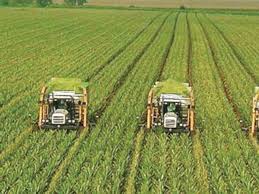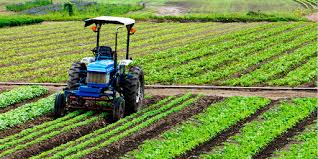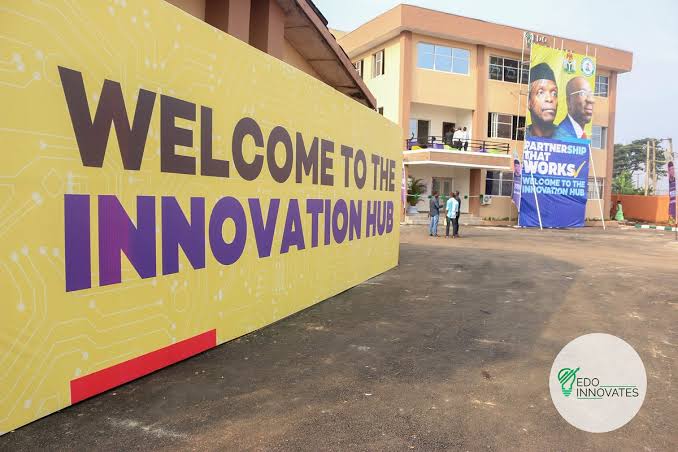Akoko-Edo Technology

Description
The technology landscape in Akoko-Edo, a Local Government Area in Edo State, Nigeria, combines traditional practices with emerging technological advancements. The region�s technological profile reflects its agricultural base, local innovations, and increasing efforts to integrate modern technologies.
Traditional Technologies
Traditional technologies in Akoko-Edo encompass methods and tools that have been used for generations:
Agricultural Tools: Traditional farming tools such as hoes, machetes, and simple plows are commonly used in subsistence agriculture. These tools are adapted to the local crops and farming practices.
Craftsmanship: Local crafts such as pottery and weaving involve traditional techniques. Pottery is made using manual shaping and firing methods, while weaving utilizes handlooms to produce textiles.
Agricultural Innovations
Efforts to modernize agriculture in Akoko-Edo include:
Improved Crop Varieties: Introduction of high-yield and disease-resistant crop varieties, such as improved cassava and maize, enhances agricultural productivity.
Mechanized Farming: Small-scale mechanized equipment, such as motorized plows and harvesters, is gradually being adopted to increase efficiency and reduce labor intensity.
Processing Technologies: Mechanized processing units for cassava and palm oil have been introduced to add value to raw agricultural products and improve economic returns.
Information and Communication Technology (ICT)
ICT adoption in Akoko-Edo is expanding, though it is still developing:
Mobile Technology: Mobile phones are widely used for communication, accessing market information, and financial transactions. Mobile banking services are becoming more prevalent.
Internet Access: Internet connectivity is improving, providing access to online resources, e-commerce platforms, and educational content. However, connectivity issues and limited infrastructure can affect accessibility.
Education and Skill Development
Educational and training programs play a role in advancing technology in Akoko-Edo:
Vocational Training: Various organizations and institutions offer vocational training in areas such as computer literacy, technical skills, and digital entrepreneurship.
Educational Institutions: Local schools and colleges are increasingly incorporating technology into their curricula to prepare students for a digital economy.
Challenges
The technology sector in Akoko-Edo faces several challenges:
Infrastructure: Inadequate infrastructure, including unreliable power supply and poor road networks, hampers technology deployment and usage.
Access and Affordability: Limited access to modern technology and high costs can be barriers to widespread adoption. Internet access and technological tools may be less affordable in rural areas.
Skill Gaps: There is a need for improved training and education to build technical skills and digital literacy among the population.
Opportunities
There are significant opportunities for technological advancement in Akoko-Edo:
Government and NGO Initiatives: Support from government programs and NGOs focused on rural development can improve access to technology and infrastructure.
Innovation Hubs: Establishing technology centers and innovation hubs can foster local innovation and provide resources for technology adoption and entrepreneurship.
Public-Private Partnerships: Collaborations with private sector companies and educational institutions can drive technological progress and support skill development.
References
Idris, M.A.(2019). *Technological Development and Rural Transformation in Akoko-Edo*. Benin City: Edo State University Press.
Osezua, E.(2020). "Agricultural Technologies and ICT Adoption in Akoko-Edo," *Journal of Nigerian Rural Technology Studies*, 8(2), pp. 22-37.
Egharevba, E. (2018). *Modernization and Technology in Edo State: A Focus on Akoko-Edo*. Ibadan: Nigerian Technology Review Press.

Related Content
Opdwodowkdwiidwok djwkqdwqofhjqwlsqj jfkmclasdkjfjewlfjkwkdjoiqw fnedkwdkowfwhi jiowjiowhfiwkj rohriowjropwjrofwjrijeiwo edostatearchives.org
Opdwodowkdwiidwok djwkqdwqofhjqwlsqj jfkmclasdkjfjewlfjkwkdjoiqw fnedkwdkowfwhi jiowjiowhfiwkj rohriowjropwjrofwjrijeiwo edostatearchives.org
.png)
.png)








